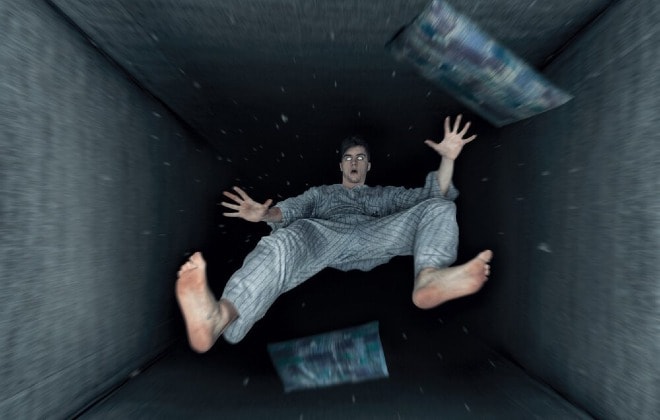Decoding the phenomenon of people often startle when sleeping
People while sleeping can be stimulated by light, sound, falling hallucinations or loud noises coming from inside their heads.
According toLivescienceHypnic jerks are a common phenomenon that occurs when people go through the transition between wakefulness and sleep. These jerks can occur spontaneously or be triggered by light, sound, and other external factors. Some people report being startled by hallucinations, dreams, the feeling of falling, or bright lights or loud noises in their heads.
Hypnoea jerks are common during the early stages of sleep, and some studies suggest that 60 to 70 percent of people experience them, says Michelle Drerup, a sleep specialist at the Cleveland Clinic Sleep Disorders Center. People typically don't remember having a hypnoea jerk unless they wake up from a sleep attack.
Some scientists believe that factors including stress, anxiety, fatigue, caffeine consumption, and sleep deprivation may increase the frequency and severity of hypnic jerks. However, there is not enough research to conclude on this issue.
|
Many people when they start to sleep often startle because they have the illusion that their body is falling. Photo:SW |
One theory is that hypnic jerks are a natural part of the body and occur when nerves gradually become "paralyzed" during the transition from wakefulness to sleep.
Another, more popular, evolutionary explanation is that the startle reflex is an ancient primate response to the muscle relaxation that occurs when the body begins to fall asleep. The brain misinterprets the relaxation as a sign that the primate is sleeping and has fallen out of a tree, causing the muscles to quickly respond.
"Regularly jerking awake is a normal part of sleep. However, if the jerking wakes you up and disrupts your sleep, you should see a sleep specialist to discuss your concerns," Drerup said.


.jpg)

